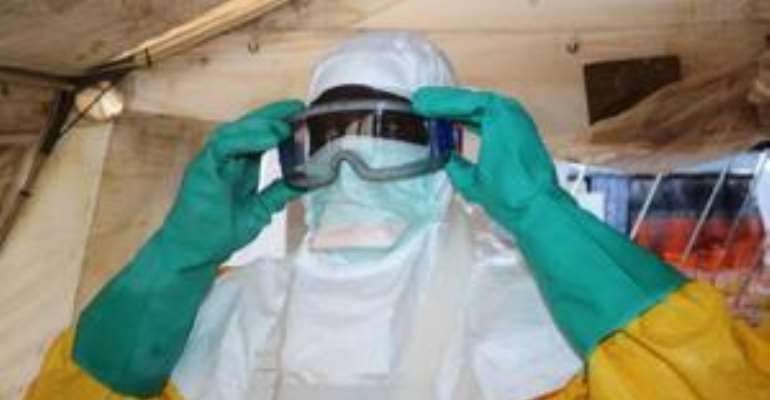Ebola scare forces bush meat vendors in Abidjan to close shops

Most bush meat vendors in Abidjan, have closed shops following the fear of outbreak of the dreaded Ebola virus, the News of Nigeria (NAN) reports.
The closure was ordered by Cote d'Iviore government as a precautionary measure against the spread of the virus.
NAN survey at Abobo Palmerer, an Abidjan settlement that hosts several bush meat and palm wine spots, showed that most of them have closed down.
Abobo Palmerer, for instance, which used to be a beehive of activities before the outbreak of Ebola, is currently a shadow of its self.
Bush meat which used to be a common sight even in the open markets, especially in Ajame, Belleville and Angre are no longer found on the vendor's table.
Some vendors who spoke to NAN said that the patronage for bush meat had seriously dwindled do to the fear of the disease.
Mr Koassi Noel, a major bush meat dealer told NAN that the government's directive stopping the consumption of bush meats forced him to pull out of the business.
“The government directed people to stop consuming bush meat since some of it are said to be carrying the Ebola virus,''he said.
Mrs Awa Dramane, also a vendor, said she stopped for fear of contacting the disease, saying“ they said that bush meat are sources of Ebola virus, so I don't want to contact it''
“If you can contact it by eating an animal that has the virus, there is no way one who handles it for sell will not contact it,'' she said.
Also speaking to NAN, a meat seller Mr Saleef Rahim said he stopped the business because government officials burnt all the bush meat he had displayed for sale in his shop.
“They came here and I was unlucky, they destroyed all the meat I had dried and displayed for sale, so I decided to stop,''he said.
Meanwhile, the government of Cote d'Ivoire had said it would undertake surveillance measures at the borders to prevent the outbreak of the disease in its territory.
The Director-General, National Institute for Public Hygiene, Simplice Dagnan, said the risk of Ebola spreading in the country was high, as a result of the massive movement of people from already affected countries.
Ebola fever, a contagious disease whose cure has yet to be discovered, appeared for the first time in a northern town of former Zaire, now the Democratic Republic of Congo in 1976.
Current statistics say the disease which resurfaced in Guinea in April 2014, had spread to Liberia and Sierra Leone resulting in hundreds of deaths. (NAN)
